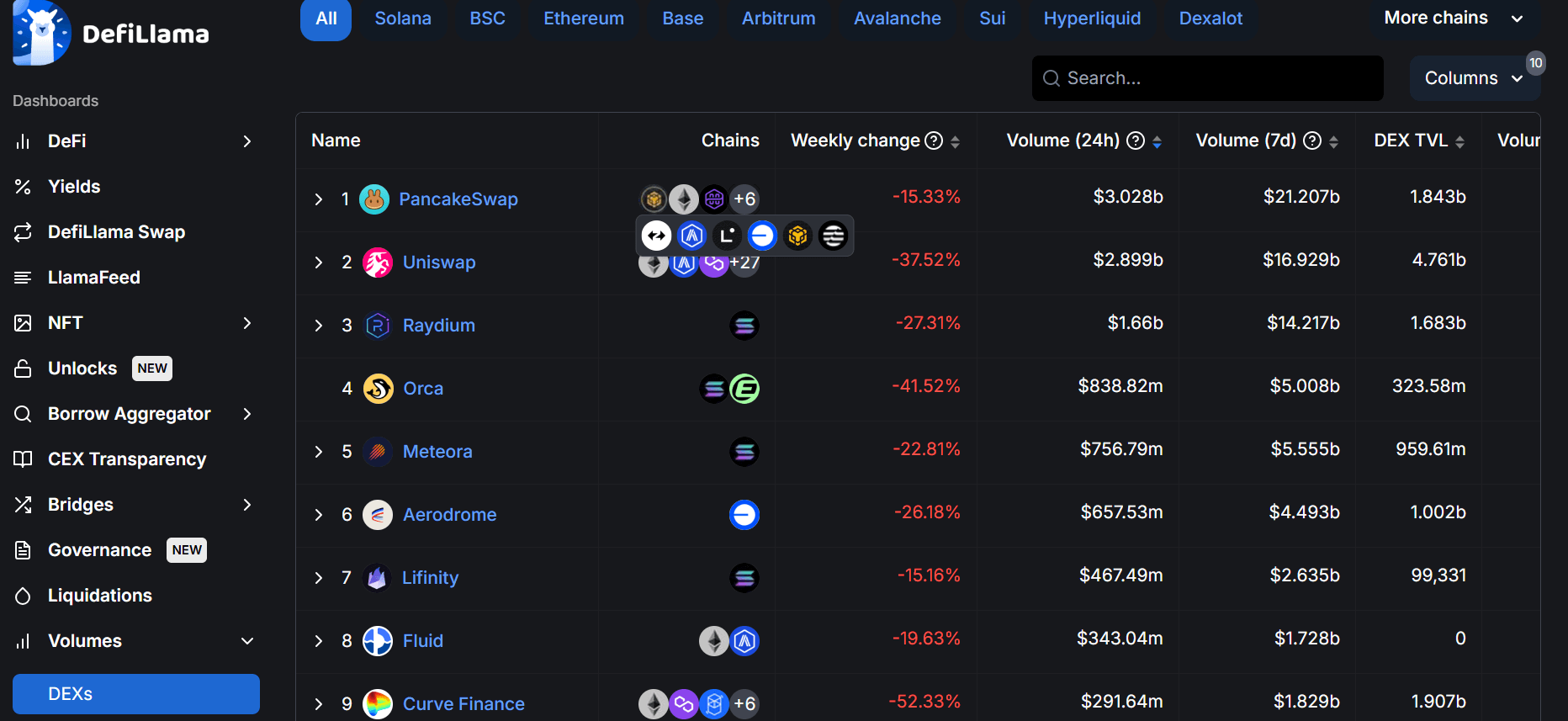- South Korea lifts crypto ban for companies.
- The ban lift has been structured in a two-phase plan.
- The move coincides with the enactment and enforcement of South Korea’s Virtual Asset User Protection Act.
South Korea’s Financial Services Commission (FSC) has announced plans to gradually lift the ban on corporations trading virtual assets, signaling a new era for the country’s crypto market.
The decision comes after years of strict regulations that prohibited institutions from engaging in cryptocurrency trading, initially set to curb speculation, money laundering, and market manipulation since 2017.
A phased approach to integration
The FSC’s strategy to integrate corporations into the virtual asset market is structured in phases. Initially, in the first half of 2025, entities such as law enforcement agencies, non-profit organizations, school corporations, and universities will be allowed to sell cryptocurrencies like Bitcoin (BTC) and Ethereum (ETH).
This move is primarily aimed at enabling these institutions to cash out their holdings, providing them access to virtual asset exchanges for this purpose.
Following this, a pilot program is slated for the second half of 2025, where approximately 3,500 listed companies and corporations, alongside professional investors registered under South Korea’s Capital Market Act, will be permitted to both buy and sell digital currencies. This is expected to introduce a new layer of professional investment into the crypto market, potentially stabilizing and growing the market further.
South Korea’s Virtual Asset User Protection Act
The lifting of the ban coincides with the enactment and enforcement of South Korea’s Virtual Asset User Protection Act, which introduces significant protections for users in the digital asset space. This legal framework is part of a broader effort to ensure that the market operates under stringent oversight, reducing risks associated with virtual asset trading.
Globally, there’s a noticeable trend towards accepting and integrating cryptocurrencies into traditional finance.
The FSC acknowledges this shift, noting that the demand for blockchain-related investments and services necessitates a change in local market dynamics.
To support the transition, the FSC plans to establish a task force involving various stakeholders such as the Financial Supervisory Service, the Korea Federation of Banks, and the Digital Asset eXchange Alliance (DAXA). This collaboration aims at developing a comprehensive regulatory framework, including internal control standards for corporate crypto trading.
The involvement of market participants like crypto exchanges and industry experts is also critical for crafting guidelines that are both practical and effective.
The approach appears to be cautious yet progressive, aiming to balance innovation with investor protection in the dynamic world of virtual assets.
The post South Korea reviews ban on corporations trading virtual assets appeared first on CoinJournal.

